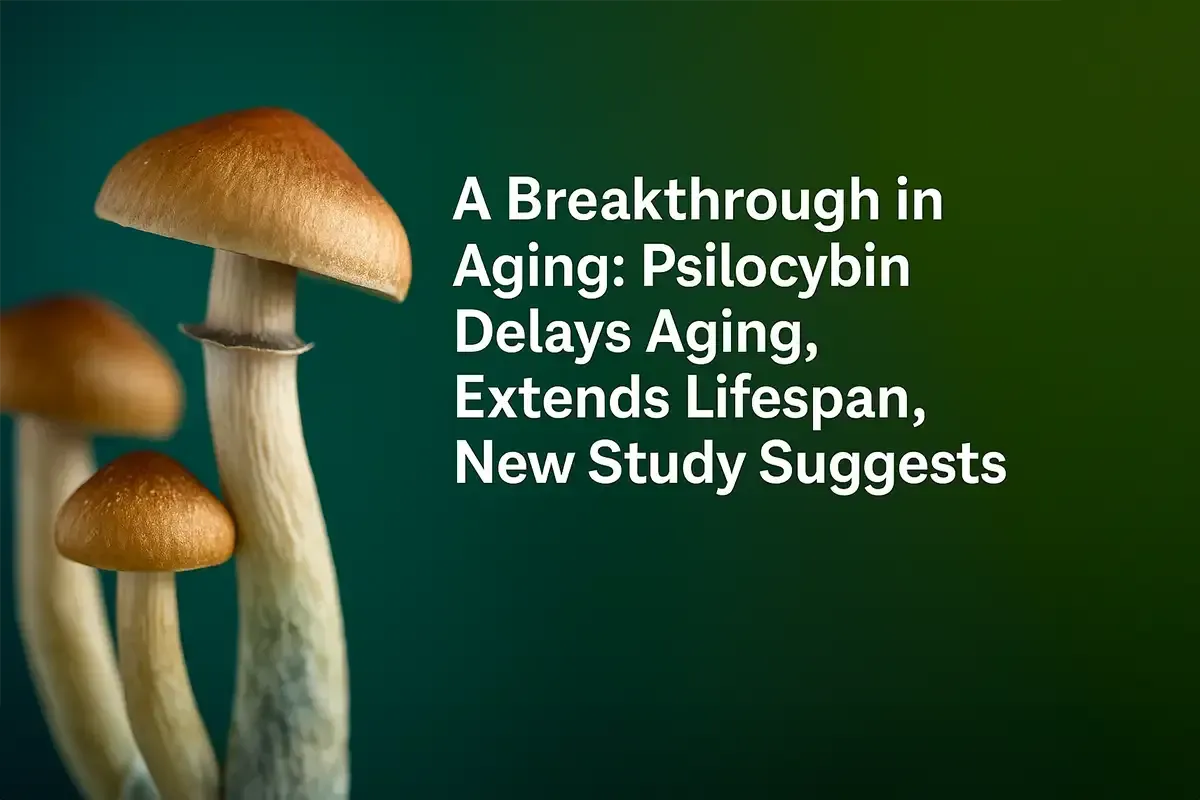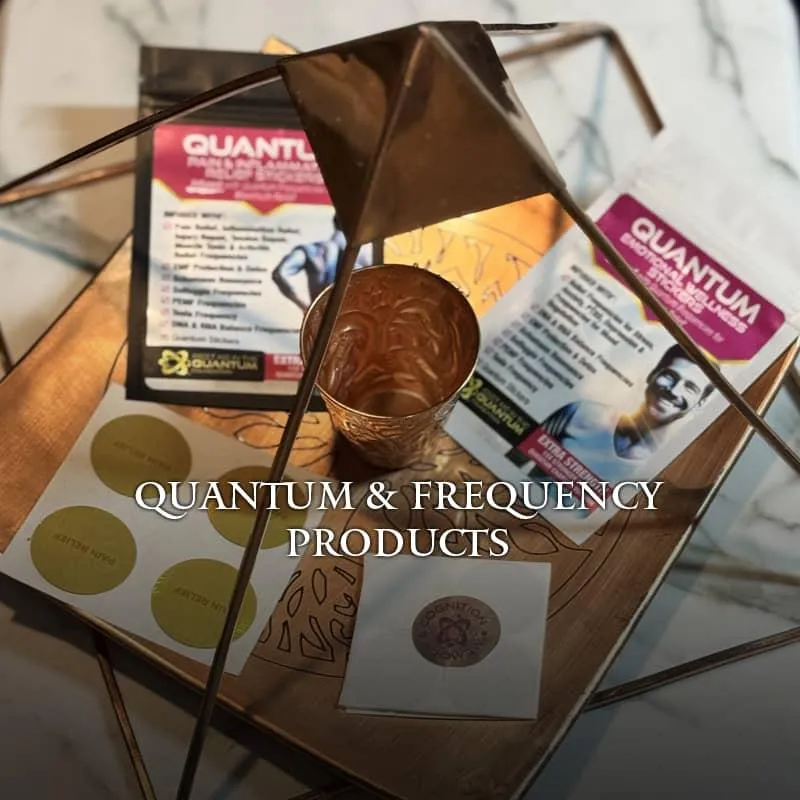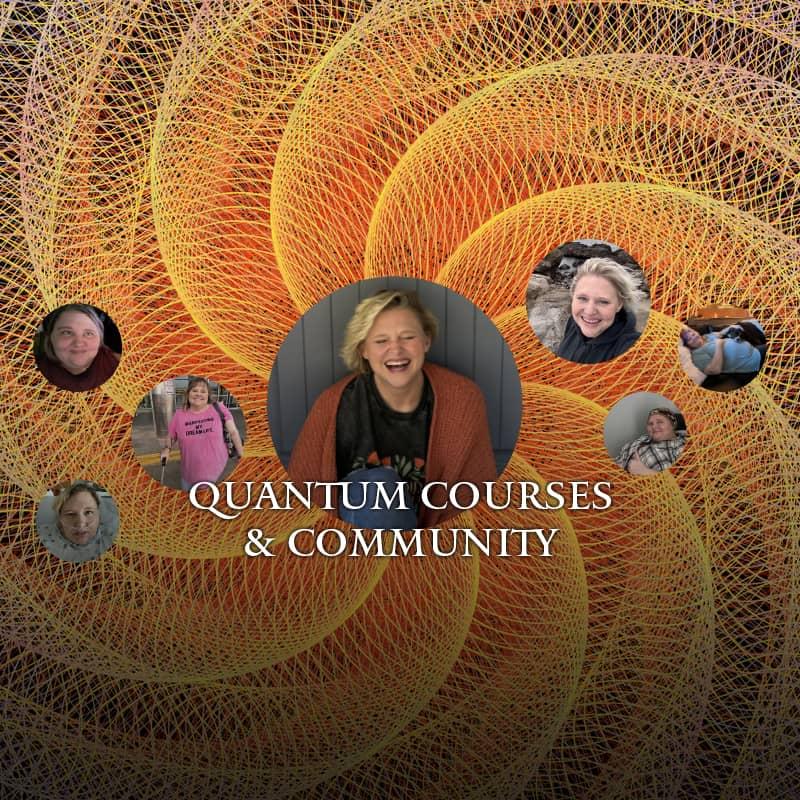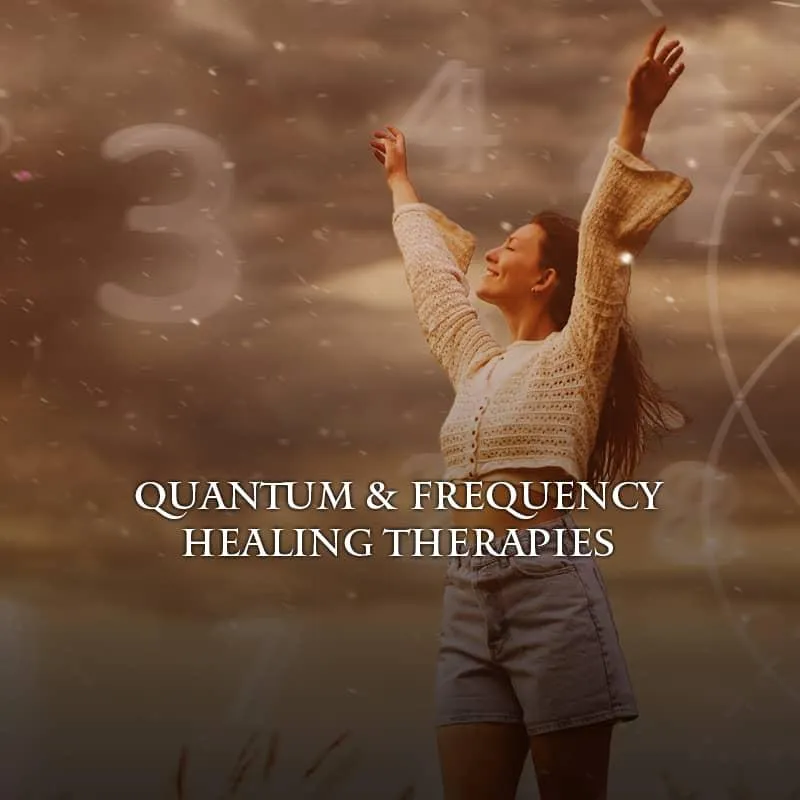
A Breakthrough in Aging: Psilocybin Delays Aging, Extends Lifespan, New Study Suggests
In a groundbreaking new study from Emory University, researchers have uncovered compelling evidence that psilocybin—a naturally occurring psychedelic compound found in certain mushrooms—may not only support mental health, but also slow the aging process and extend lifespan. The findings, published in Nature Aging, are among the first to link a psychedelic compound to anti-aging effects at the molecular level.
Key Findings from the Study
The Emory research team administered psilocybin to aged mice and observed profound results. Not only did the mice demonstrate increased resilience to stress, but several biological markers associated with aging were also significantly reduced. The most notable change was the increase in the activity of telomerase, an enzyme associated with cellular repair and longevity.
According to the study, mice treated with psilocybin displayed a 33% increase in average lifespan compared to control groups. Additionally, signs of chronic inflammation—a major driver of age-related disease—were substantially reduced in the psilocybin group.
Mind-Body Connection Reinforced: The Link Between Psilocybin and Aging
While psilocybin is widely known for its effects on perception and consciousness, this study sheds light on its potential somatic benefits. Lead researcher Dr. Alan Kim noted that the substance not only altered behavior and stress resilience in older mice but also triggered molecular changes related to aging and inflammation.
“The anti-aging effects were surprising,” Kim stated. “We expected improvements in stress-related behavior, but the biological changes suggest psilocybin could impact the actual aging process itself.”
Understanding Telomeres: The Aging Clock Within Us
One of the study's most fascinating insights is its focus on telomeres—protective caps at the ends of our chromosomes. Imagine them as the plastic tips on shoelaces, keeping DNA strands from fraying. Every time a cell divides, these telomeres naturally shorten. When they become too short, the cell stops dividing or dies—an inevitable part of aging.
Shorter telomeres have been linked to age-related diseases, weakened immunity, and early mortality. Conversely, longer telomeres are associated with better cellular health and longevity.
What this study reveals is that psilocybin may help preserve or even lengthen telomeres, protecting cells and promoting a longer, healthier life. If future human trials confirm these results, psilocybin could one day be part of an anti-aging toolkit grounded in biology—not just cosmetics.
Implications for Human Aging
Though these findings are still in the early stages and based on animal models, the implications for human aging and age-related diseases are significant. If the biological mechanisms translate similarly in humans, psilocybin could one day be used to enhance longevity, improve brain resilience, and reduce age-related inflammation.
This research also complements a growing body of evidence suggesting that psychedelics can positively affect mood, cognition, and neurological health, especially in older adults. Clinical trials are already underway exploring psilocybin’s role in treating depression, anxiety, PTSD, and end-of-life distress.
What’s Next?
The Emory team plans to begin human trials to further explore the effects of psilocybin on aging-related biomarkers. If successful, this could pave the way for psychedelic-based therapeutics focused not just on mental health, but on holistic aging and cellular rejuvenation.
As the field of psychedelic science continues to expand, psilocybin may soon be viewed not only as a consciousness-expanding compound but also as a potential tool in the science of aging.
Additional Source: NIH





